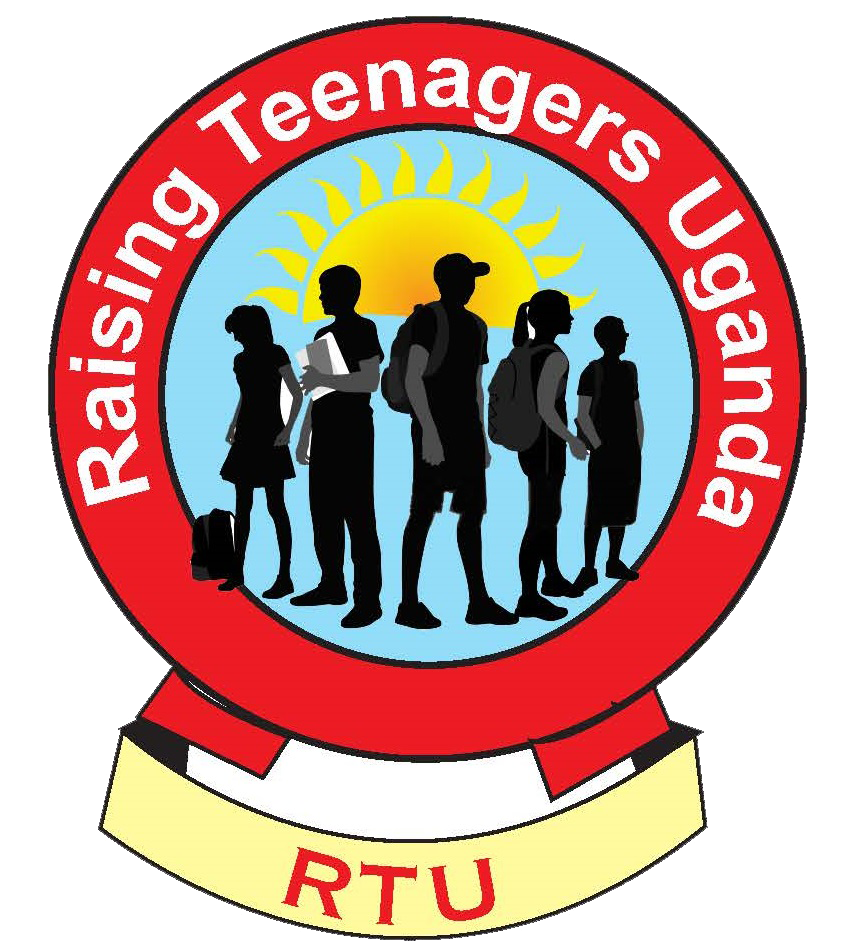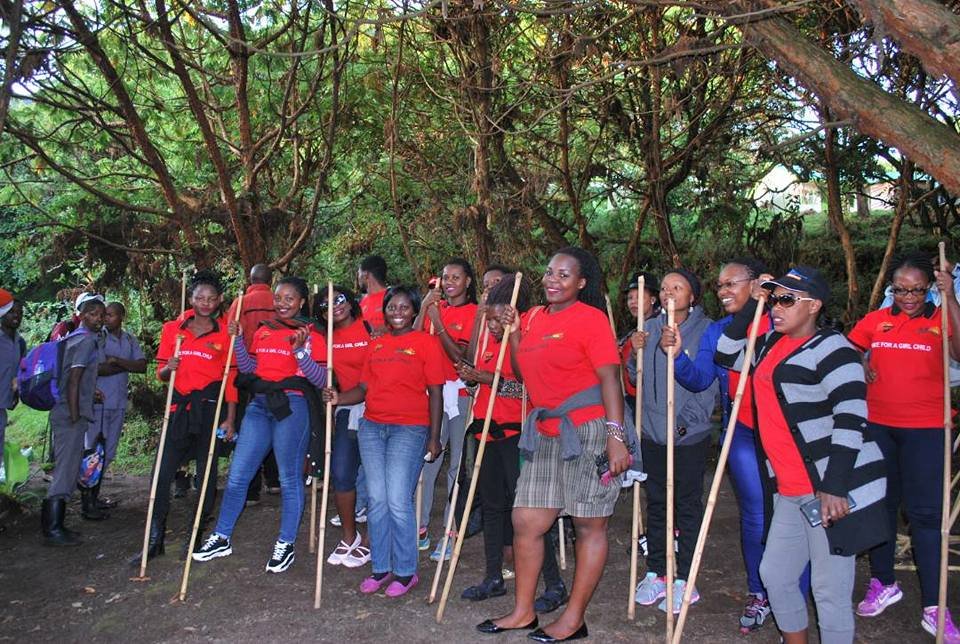The Uganda Philanthropy

As the saying goes, ‘All’s well that ends well.’ The Uganda Philanthropy Forum began with great promise and concluded even more brilliantly.
Echoing the words of the CEO Evans Okinyi at the forum’s close: “Creating an enabling environment for philanthropy requires a voice, and that voice is forums like these.’ Don’t stay on the sidelines; join us in moulding the future of philanthropy. Take ownership of these platforms, guide us on priorities, and watch us respond in kind. We are here to serve effectively.’
Our Team Leader Hope Nankunda was one of the speakers that shared her experience in relation to local philanthropy. She shared about our Child sponsorship plan where 40% of the sponsors are Ugandan that chose to remain anonymous as they support underprivileged girls to access education through provision of school fees and scholastic materials. She also shared about Our Annual Hiking Events that are open to all partners and individuals that wish to support rural girls with sanitary products. So many Ugandans have joined us every year since 2017 to Hike for Girls and Break Stigma Around Menstruation. The Impact is well felt by our beneficiaries across the country.
KEY TAKEAWAYS
A shift in ODA from grants to concessional loans, with bilateral grants still dominant in aid to Uganda. Emphasis on ODA as a means to development rather than an end. Adaptation and continuous learning are pillars for success, with a pressing need for increased research and M&E.
A call for enhanced partnerships, ensuring early engagement with the right stakeholders. nderscoring country ownership and alignment of donors with local policies and structures.
An urge for flexible funding mechanisms that accommodate changes. Highlighting the need for synergized efforts in funding to prevent fragmentation and duplications.
Recognizing the critical role of local capacity building and working closely with local entities.
Pointing out existing financial gaps and the importance of domestic resource mobilization.
The necessity for advocacy to engage private actors in social protection endeavours.


Search
Projects
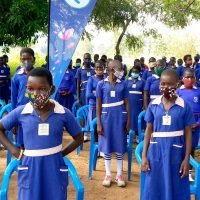
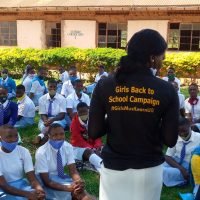
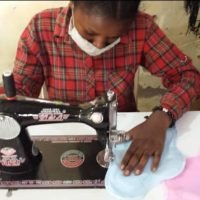
Training Girls in Refugee Settlements to make Reusable Sanitary Pads
GOAL : 34500 $
RAISED : 0 $
ALL CONTACTS
- Suite A1 – SAYUUNI COMPLEX, NTINDA – KISASI ROAD
- Mobile +256 772 305 742
- Office +256 702 305 742
- hope@raisingteenagers.org
- 08 am - 06 pm Sunday closed
SUBSCRIBE
Subscribe to our News letter and be part of our Work to.
- info@raisingteenagers.org
- hope@raisingteenagers.org
